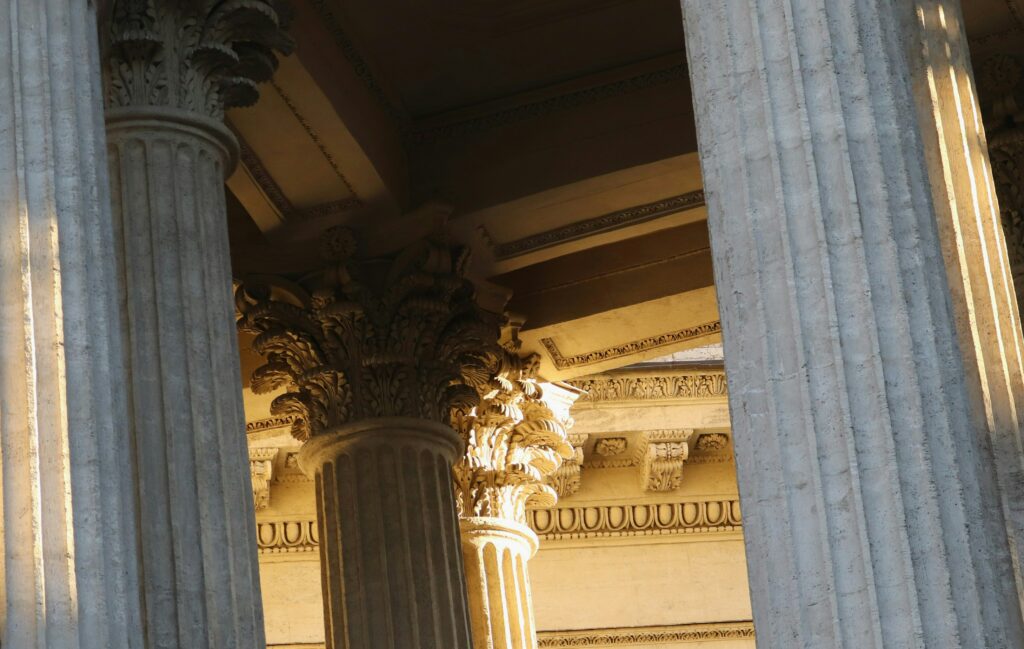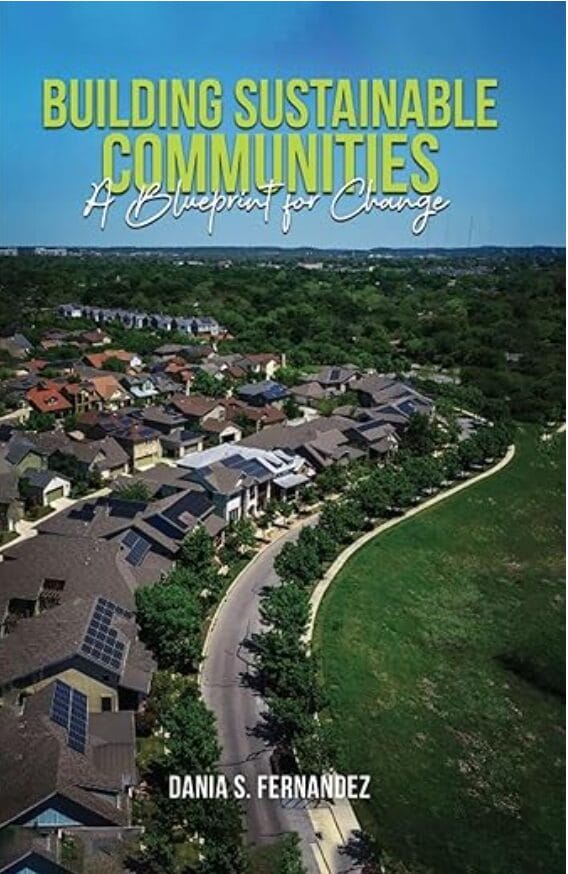
Legislation impacting Florida condo associations is always in flux. New laws are frequently adopted, and it’s the HOA board members’ responsibility to stay up-to-date. For this and other reasons, it can be prudent to keep an HOA attorney on retainer to ensure ongoing awareness and compliance with changing laws. Below we’ll discuss a few recent legislative changes that impact Miami HOA communities.
House Bill 919
This bill, also known as the Homeowners Association Bill of Rights, went into effect on October 1, 2023. The bill is intended to increase transparency and fairness within HOAs. Key provisions include, but are not limited to, the following:
- Board meeting notices must include specific agenda items, except for emergencies.
- Member-collected deposits for construction must be kept separately and returned within 30 days after project completion.
- Officers, directors, and managers are generally prohibited from soliciting or accepting anything of value.
- Immediate removal from office is mandated for officers or directors charged with specific crimes.
- Conflicts of interest must be disclosed for certain board members.
- HOAs must hold hearings before independent hearing committees if they are to impose reasonable fines for violations.
- Fraudulent voting activities within the HOA are now classified as first-degree misdemeanors.
House Bill 437
Florida House Bill 437 went into effect on July 1, 2023, and imposes limitations on what HOAs can lawfully restrict. Specifically, HOAs cannot restrict the installation, display or storage of certain items on parcels. A noteworthy provision in this bill is that condo unit owners now have the right to display up to two flags in a respectful manner.
Senate Bill 154
Of the recent legislation changes, this bill has received perhaps the most attention. The bill introduces mandatory “milestone inspections” that must be performed by a licensed engineer or architect. The law applies to condo buildings that are at least three habitable stories high, and the inspection must be completed on or before a building turns 30 years old (or 25 years old if the property is within 3 miles of the coast). Additional inspections are then required every 10 years after the initial 30- (or 25-) year inspection. The age of a building is determined by the issue date on the Certificate of Occupancy.
Additionally, SB 154 impacts an association’s reserve funds. As part of the new law, Florida condo associations will be required to conduct structural integrity reserve studies every 10 years. The purpose of the reserve study is to ensure that appropriate funds will be available to complete any necessary work when the time comes.
If you have questions about condo legislation and how any of these updates impact your association, our team at Dania Fernandez and Associates, P.A. is here to help. Contact us today to learn more.


